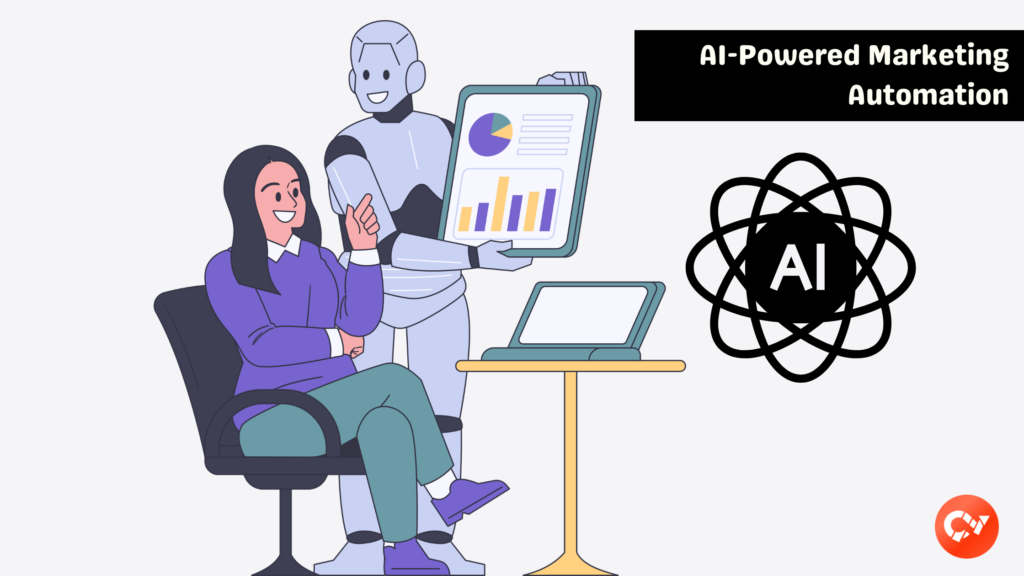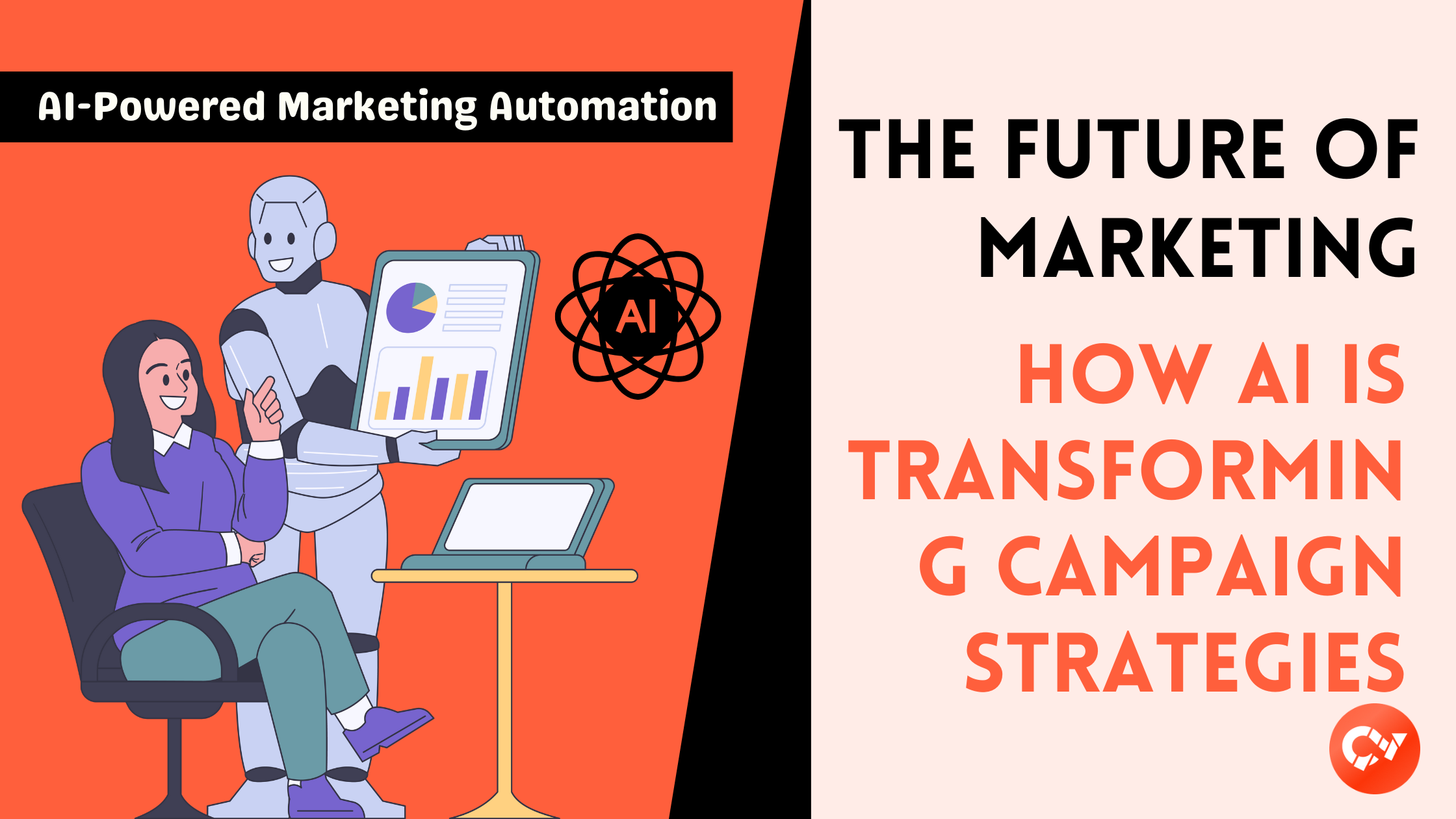Marketing automation has evolved rapidly over the past decade, and artificial intelligence (AI) is now playing a pivotal role in shaping the future of digital marketing. Businesses leveraging AI-driven marketing strategies are seeing increased engagement, better conversion rates, and improved ROI. In this blog, we’ll explore how AI is transforming marketing campaigns and why businesses must adapt to stay ahead.
How AI is Revolutionizing Marketing Campaigns
1. Personalization at Scale
AI enables hyper-personalized marketing campaigns by analyzing vast amounts of data to understand customer behaviors, preferences, and purchase patterns. AI-powered tools can segment audiences dynamically, delivering tailored content that resonates with each user.
Example: Netflix and Amazon
Streaming giant Netflix and e-commerce leader Amazon use AI to recommend content and products based on user interactions, driving higher engagement and sales.
2. Automated Content Creation & Optimization
AI-powered tools like ChatGPT, Jasper, and Copy.ai are transforming content marketing by generating compelling ad copies, blog posts, and social media captions. Additionally, AI helps optimize content by analyzing SEO trends and ensuring high search rankings.
Key Benefits:
- Saves time and effort
- Enhances content relevance
- Improves organic reach and engagement
3. Chatbots & Conversational Marketing
AI-driven chatbots are revolutionizing customer interactions by providing real-time, 24/7 support and personalized recommendations. These bots can answer queries, guide users through purchase decisions, and even handle complaints, improving customer satisfaction.
Notable AI Chatbots:
- Drift – AI-driven conversational marketing
- ChatGPT-powered assistants – Enhancing customer service
4. Predictive Analytics for Smarter Campaigns
AI uses predictive analytics to analyze past customer data and forecast future behaviors, allowing businesses to craft data-driven marketing strategies. Brands can identify the best time to send emails, the ideal audience segments, and the most effective messaging.
Use Case:
Retail brands use AI to predict seasonal demand, optimizing inventory and ad spend accordingly.
5. AI in Ad Targeting & Optimization
Platforms like Google Ads and Facebook Ads utilize AI to enhance ad targeting by identifying the best-performing demographics and interests. AI also automates A/B testing to refine ad creatives and maximize conversion rates.
Benefits:
- Better audience targeting
- Reduced ad spend wastage
- Higher ROI on digital ads
Why Businesses Must Adopt AI Marketing Strategies
Ignoring AI in marketing means missing out on opportunities to increase efficiency, drive revenue, and improve customer experiences. As AI technology continues to evolve, businesses that fail to integrate AI-driven marketing strategies risk falling behind competitors who leverage data and automation.
AI is no longer a futuristic concept—it’s the driving force behind modern marketing. By leveraging AI for personalization, content creation, customer interaction, predictive analytics, and ad optimization, businesses can craft high-performing marketing campaigns that resonate with audiences and deliver tangible results. Marketers who embrace AI today will be the industry leaders of tomorrow.
Stay Ahead with AI Marketing
If you’re ready to integrate AI into your marketing strategy, explore the latest AI-driven tools and platforms to gain a competitive edge. The future of marketing is AI-powered—are you ready to embrace it?


